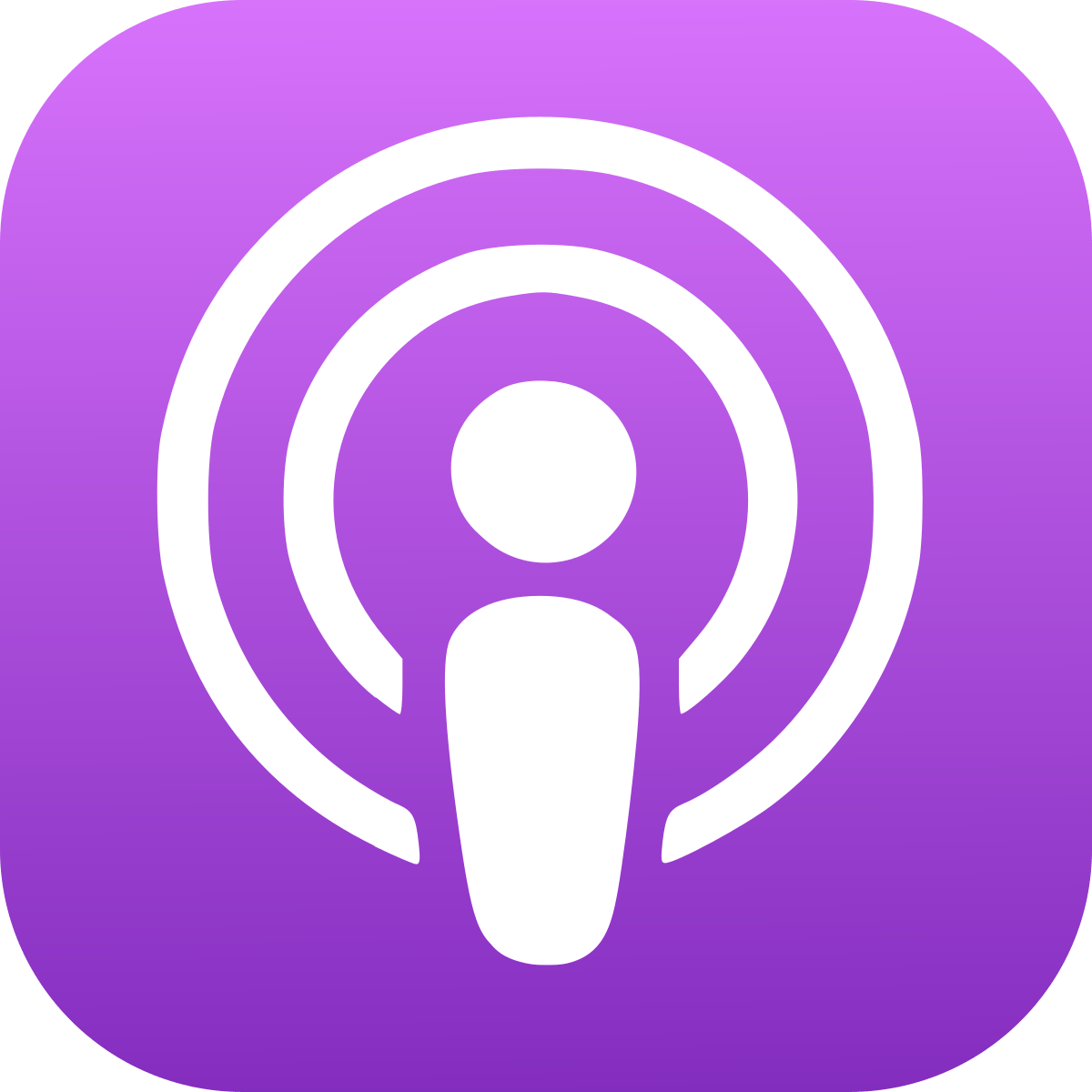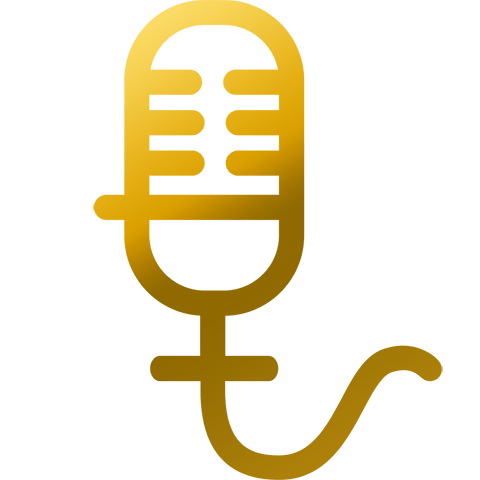Habits vs Routines
What Differentiates a habit from a routine… and why does it matter?
By Kurt Nelson, PhD
Habit and routine, we often use the two words interchangeably, for example, “It was his habit to wake up at six every morning” is easily replaced with “It was his routine to wake up at six every morning.” For purposes of this article, however, each term has a specific meaning. Habit is defined by the Merriam-Webster dictionary is “an acquired mode of behavior that has become nearly or completely involuntary.” Whereas they define routine as “a regular course of procedure.” The distinction is important.
When we use the term habit, we will use it in the sense that it is an action that is a nearly automatic response that happens mostly out of our conscious control. When we talk about routines, we are talking about actions that are undertaken consistently and consistent process, but that still requires a modicum of conscious effort.
Both habits and routines utilize cues that set off a chain reaction for how we behave. These cues make it easier for us to consistently do a behavior or respond in a set manner. However, it is the unconscious versus conscious element that separates habits from routines.
Habits are an automatic response; when the cue happens our behavior or thoughts are involuntarily triggered. If we don’t consciously intercede in the process, that behavior or thought will come automatically. Routines have an extra step involved, which is a conscious choice between the cue and the behavior or thought. When the cue happens, we get an urge and a standard method for satisfying that urge, but we must actively make a conscious decision on if we are going to do that action. This little difference is vital as it plays a significant role in how we leverage each of these psychological constructs.
Let’s look at waking up at six every morning again to explore this difference. In this case, we assume that the trigger for getting up is an alarm. Think about two different people, one of them when the alarm goes off, reaches over hits the off button and rolls out of bed automatically, maybe doing a stretch or two, before launching into their morning. For this first-person, waking up at six is a habit. The second person is a bit different when the alarm goes off for them, they moan, they are thinking about how tired they are and what they need to do that day. In their tired head, they think can I sleep for 10 more minutes or do I just force myself to get up. Their hand reaches for either the off button or the snooze – but it is a choice that they are making. For this person, waking up at six is a routine.
A slight difference, but one that is important.
Routines are easier to start but also easier to break.
We recommend reading The Power of Habit by Charles Duhigg and Atomic Habits by James Clear for amazing insights on how habits and routines can impact your life.
BEHAVIORAL GROOVES BLOG
- August 18, 2022 Improve Performance Using 12 Action-Oriented Words
- August 4, 2022 Groove Track: Why You Can’t Find a Cab on a Rainy Day!
- July 21, 2022 Mind Over Milkshakes: how our expectations change reality
- April 12, 2022 How One Man’s Social Identity is Inspiring the World
- February 11, 2022 Sweet Regret
- January 12, 2022 How to craft powerful goals – for you and your team!
- January 29, 2021 Being a Catalyst For Change with Jonah Berger (Bonus Track)
- November 13, 2020 The rule of 4 and other hints to improve your life with Roy Baumeister (Bonus Track)
- November 13, 2020 Using priming to improve your life – our interview with Dr. John Bargh (Bonus Track)
- October 23, 2020 Using moral arguments to change opinions with Andy Luttrell (Bonus Track)
- September 29, 2020 Habits vs Routines
- September 29, 2020 Good Prime – Bad Prime
- April 8, 2020 Why toilet paper?











